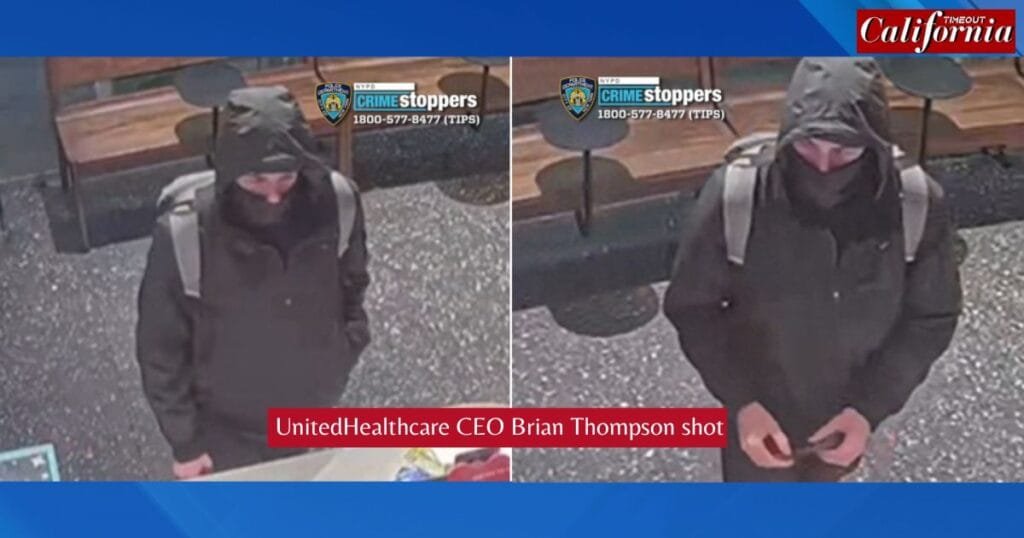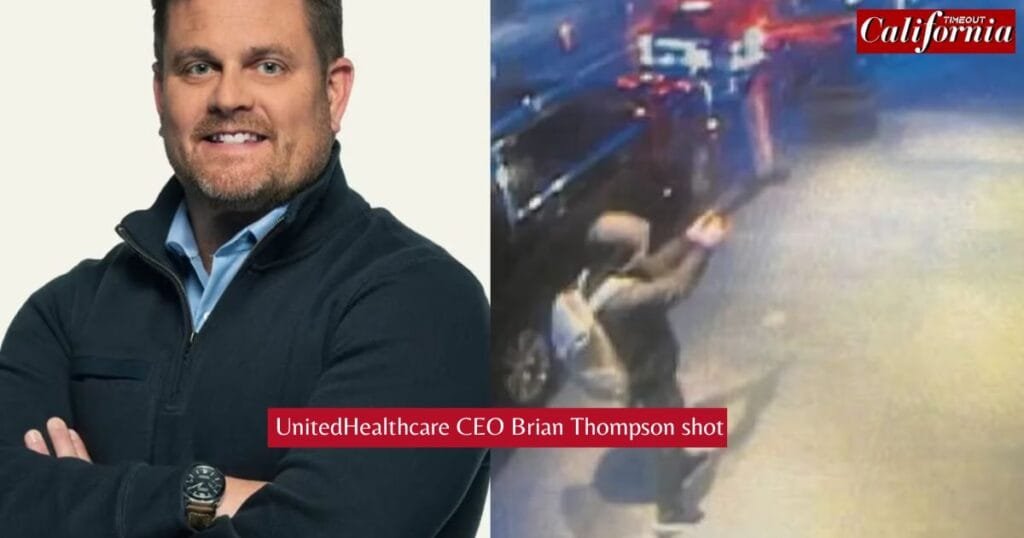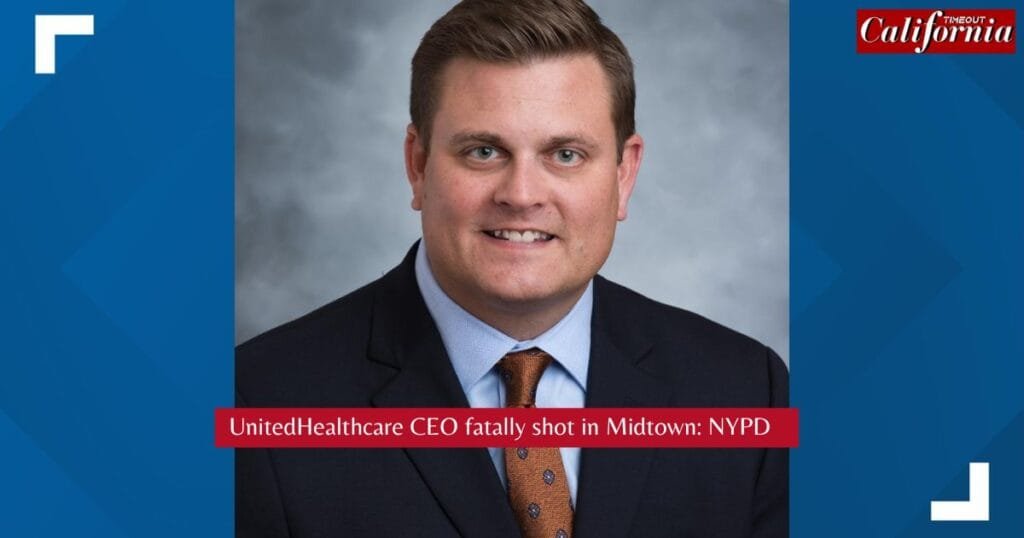UnitedHealth CEO’s killing unleashes social media rage against insurers!
A Shocking Attack in Manhattan
On Wednesday morning, Brian Thompson, the 50-year-old CEO of UnitedHealthcare, was tragically shot and killed in a targeted attack while walking to an investor conference in Manhattan. Thompson, a Minnesota resident and father of two, had been with the company since 2004, rising to CEO in April 2021.
A Wave of Public Backlash
As news of the murder spread, social media erupted with a surge of anger directed at health insurance companies. Many users expressed outrage over coverage denials and the broader practices of the health insurance industry.

One user on X wrote:
“When you shoot one man in the street it’s murder. When you kill thousands of people in hospitals by taking away their ability to get treatment you’re an entrepreneur.”
Another activist highlighted the public sentiment on TikTok, urging political and industry leaders to consider the commentary seriously.
Industry Under Fire
UnitedHealthcare, the nation’s largest private health insurer, has faced numerous lawsuits and criticisms for allegedly prioritizing profits over patient care. While Thompson’s wife mentioned threats possibly tied to healthcare coverage, investigators have not confirmed a motive for the attack.
Experts suggest the backlash reflects Americans’ complex relationship with health insurance. A 2022 KFF survey found that while 81% of insured adults rated their health insurance as good or excellent, that number dropped to 68% among those in poor health.
Read also:-
- Top 10+ Things to Do on the Big Island of Hawaii? Historical places & beaches!
- Minnesota Timberwolves vs Los Angeles Lakers live streaming details, how to watch, start time, injury report, and more
- When will Spotify Wrapped 2024 come? This is the release date
Americans Distrust the System
Public opinion polls reveal a deep-seated mistrust of the health insurance industry. In a 2018 survey, 90% of adults with employer-sponsored plans blamed insurers for high healthcare costs. More recent data shows over two-thirds of Americans view the services provided by insurance companies as fair or poor.

Despite these criticisms, some industry leaders caution against generalizing from inflammatory online posts. One anonymous official stated:
“People choosing to say and do deeply unkind things on the internet is unfortunately nothing new and is not unique to today’s tragic events.”
Real-Life Consequences of Health Insurance Frustrations
Frustration with insurers isn’t unfounded. Nearly 60% of respondents in last year’s KFF survey reported issues with their health insurance, including denied claims and difficulties navigating provider networks. Almost one-third of patients with frequent doctor visits faced obstacles related to pre-authorization requirements, which often delay or prevent care.
Health insurers defend these policies, claiming they prevent fraud and unnecessary treatments. However, patient advocates and policymakers argue that such measures harm patients and delay essential care.
Moving Forward
The tragic murder of Brian Thompson has cast a harsh spotlight on the health insurance industry. While the motive for the attack remains unclear, the public’s reaction underscores the urgent need to address the frustrations and systemic issues plaguing healthcare in America.


